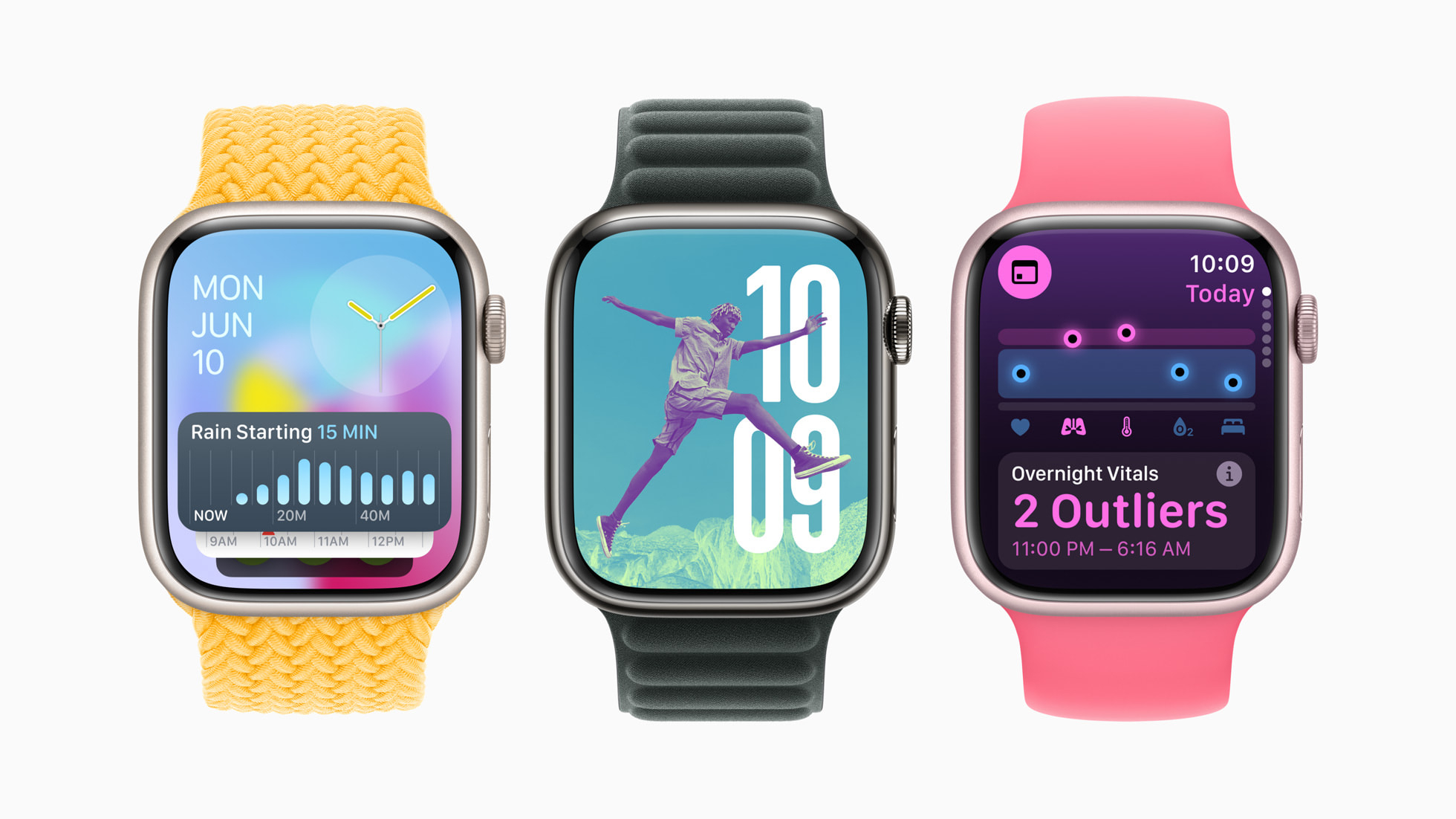watchOS 11 is now rolling out to all Apple Watch users with the Series 6 or newer
Get it now you can

iMore offers spot-on advice and guidance from our team of experts, with decades of Apple device experience to lean on. Learn more with iMore!
You are now subscribed
Your newsletter sign-up was successful
watchOS 11 is the latest software coming to all of the best Apple Watch models later this year. Unveiled at WWDC 2024, watchOS 11 features a couple of distinctive new apps to elevate your wearables status as a device focused on health. After months of beta releases for the new update, it is finally available to all Apple Watch users with a Series 6 or newer.
There are also a couple of new customization options and the advent of Live Activities on Apple Watch for the first time. Despite the lack of Apple Intelligence, the new AI features coming to iPhone, iPad, and Mac, watchOS 11 is a fairly decent update.
To update to watchOS 11, head into the Apple Watch app on your iPhone. Go to General and then Software Update. If you don't see watchOS 11 immediately, select the option at the top of your screen where you can pick between watchOS 10 and watchOS 11. Note that updates may take a while to install while the update is so new, as many users will be scrambling to download it.
We recommend making an iCloud backup of all your important content. From watchfaces to apps, it's always a good idea to prepare your Apple Watch before updating its software.
Which Apple Watch models support watchOS 11?
As always with new software, Apple has ceased support for some older models of the wearable. Here are the Apple Watches that have been dropped since watchOS 10:
- Apple Watch Series 4
- Apple Watch Series 5
- Apple Watch SE (1st generation)
Still not entirely sure if you're going to be able to use watchOS 11 when it comes out later this year? Here are all the watches we know will work with the latest version of watchOS:
- Apple Watch SE (2nd generation)
- Apple Watch Series 6
- Apple Watch Series 7
- Apple Watch Series 8
- Apple Watch Series 9
- Apple Watch Ultra
- Apple Watch Ultra 2
Apple says on its website that not all of these watches will support all of the features, thanks to some not having certain sensors that are necessary like blood oxygen measuring. If you're not sure, check out Apple's even further breakdown.
iMore offers spot-on advice and guidance from our team of experts, with decades of Apple device experience to lean on. Learn more with iMore!
More from iMore

Connor is a technology writer and editor, with a byline on multiple platforms. He has been writing for over eight years now across the web and in print too. Connor has experience on most major platforms, though does hold a place in his heart for macOS, iOS/iPadOS, electric vehicles, and smartphone tech.
